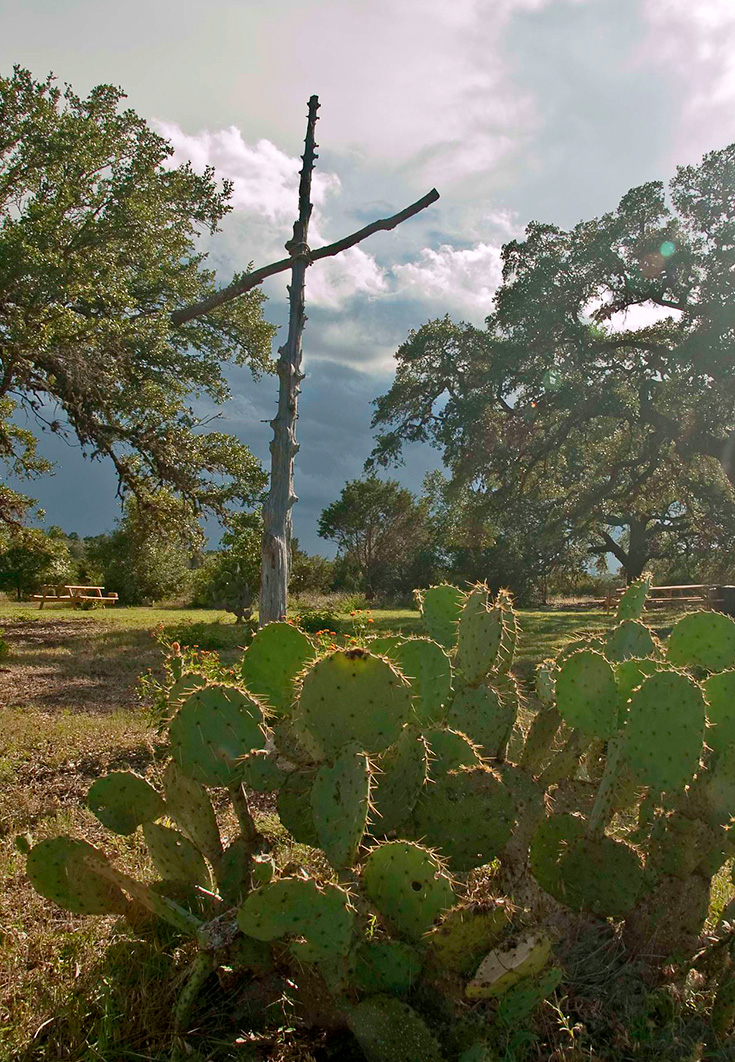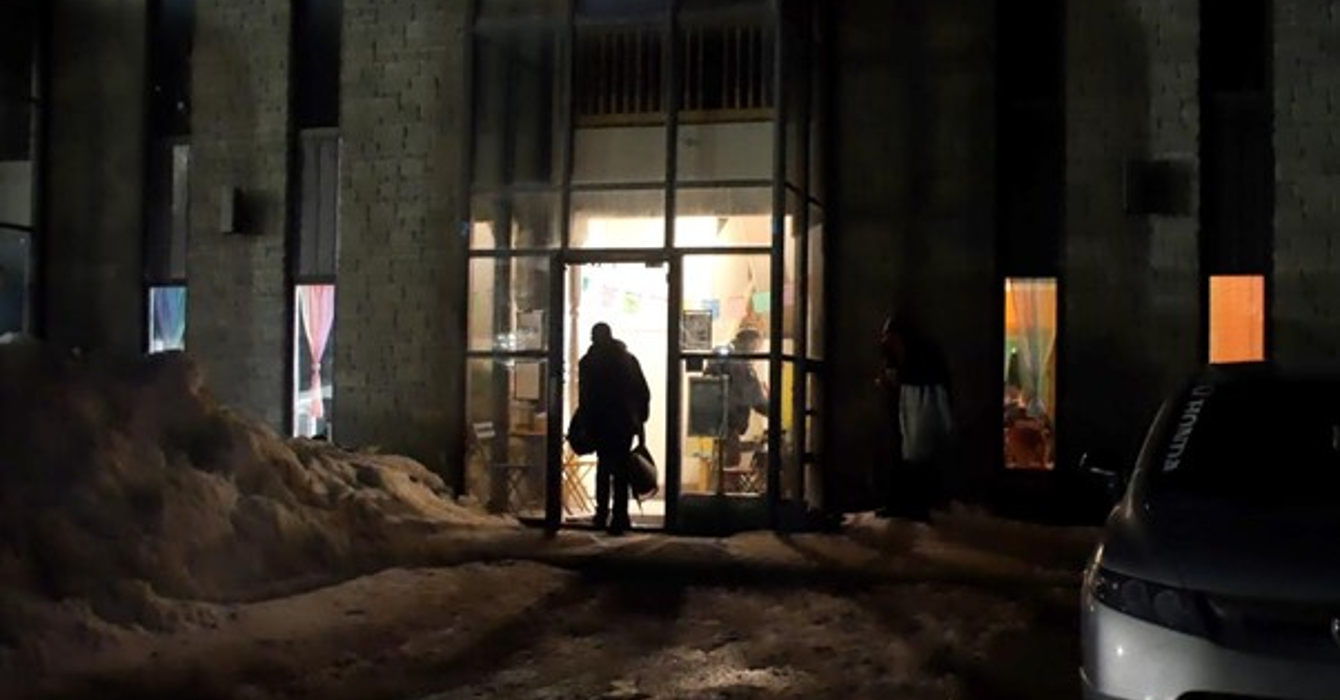Learning to preach is a lifelong vocation with fresh challenges to face and new opportunities for growth. Beginning to learn the preaching art is a big job, with many skills to develop in sharing God’s word with God’s people: exegeting biblical texts, discerning and framing theological themes, addressing cultural issues, acknowledging congregational dynamics, grounding contemporary relevance in Christian history, offering authentic personal witness without becoming the center of sermon attention. Each of these dimensions in sermon crafting is learned only in incremental steps and over time. Integrating them all requires effective orchestration — a skill of its own.
In introductory homiletics courses or in early attempts on their own, beginning preachers may inevitably focus on generating one sermon at a time. This practice tends to produce a series of “one-offs” — each independent of, or even in isolation from, each other. The preaching that results does justice neither to the organic evolution of parish community life nor to rich elements in the unfolding trajectory of salvation history.
What can preachers do in sermon crafting to foster in listeners a tangible sense of communal spiritual continuity? How might they develop a “Spirited” conversation that enables members, on returning to church each week, to pick up where they left off (even if they miss Sundays here and there)?
Here are some strategies we’ve sought to employ in service of that objective:
- Rather than taking the lectionary readings assigned as disparate texts, we try to think about what precedes and follows each text and how, on a given day, they may be in intertextual interplay. We look for themes we can focus on for a month, a liturgical season, even a year.
- We seek to be open to the Holy Spirit in the lives of our church communities, making connections with the sacred texts. This is different from eisegesis or reading something into the text.
We don’t decide, for example, “Well, it’s the pledge campaign season, so we need to throw stewardship in somehow,” or try to tie in how to raise money for a new air conditioning unit when the Old Testament reading is Nathan confronting David about Bathsheba. Instead, as we prayerfully consider the collection of the day’s readings and seek themes, we pray about what’s going on in the life of our church — individual instances and broader patterns.
- We try to be aware of, and open to, the Spirit in the lives of individual parishioners. We try to avoid finding a story to “plug in” to a sermon for that Sunday. Rather, we pay attention to how an encounter with a community member or an event in our own lives or the life of a parishioner might beautifully illuminate a text. Of course, when telling someone else’s story, especially if recognizable to others in the congregation, we need to have received their consent.
- Some teachers of preaching advise against reading old sermons because it could constrict fresh vision. We find, however, that such rereading can have the opposite effect — sending us in a different direction entirely or deepening a dimension that was implicit in the sermon preached before. With multiple lectionary texts, every Sunday offers many thematic variations and angles of approach.
Reading old sermons can be especially helpful when difficult pericopes arise. Some of us were taught that if one of the readings is difficult (such as Jesus talking about divorce), we “must” preach on that, because it is what people will hear and wonder about. When preaching to the same people for a decade or more, however, that would mean never preaching from other readings for that Sunday or other themes present in the collection.
When we are with people long term, we can be open to what the Spirit nudges us toward, acknowledging when that does not engage the difficult text and perhaps letting people know that a previous sermon on that text is available for those who want or need it. Copies or recordings of such sermons can be made available for later reference.
- Weaving in the developing story of the parish — especially when viewed in light of an unfolding issue in the ministry of Jesus, an Old Testament drama, or an early church issue wrestled with in Acts or the Letters of Paul — can bring together broad connections rather than simply making a point.
It can convey the sense of spiritual growth as a process both extended and communal, whether it’s the struggle with a building program, the investment in a local food bank or tutoring ministry, the progress of a Christian education program, or a socially/politically challenging local issue in which the parish has a stake.
- We find it often appropriate and helpful to briefly reference previous sermons and to point ahead to what forthcoming sermons will be addressing — all aspects of a story in process.
- Being candid about our own vulnerabilities and challenges as well as pressing but unresolved issues in parish life can serve as an invitation to reflect on the physical and emotional layers of experiential problems and theological principles. When done with care, such preaching can reframe what may feel insurmountable when faced alone as occasions for mutual insight, support and resolutions, however partial or temporary those may be.
While most preachers know that it is inappropriate and ineffective to preach at their congregations, not all preachers know that they are not so much to preach to but rather with and for their congregations.
Professor Fred Craddock often reminded his fellow preachers that good preaching does not tell listeners what they want to hear; it enables people to say what they most deeply need to say. When strategies like those listed above are regularly worked into the sermon preparation process, listeners will experience preaching they hear as a window on their shared world, as a voice that resonates with and validates their own individual and communal voices.
Preaching becomes not so much a series of points to ponder as a set of reference points for shared spiritual journey — an invitation to participate in continuing Spirited conversation.

















